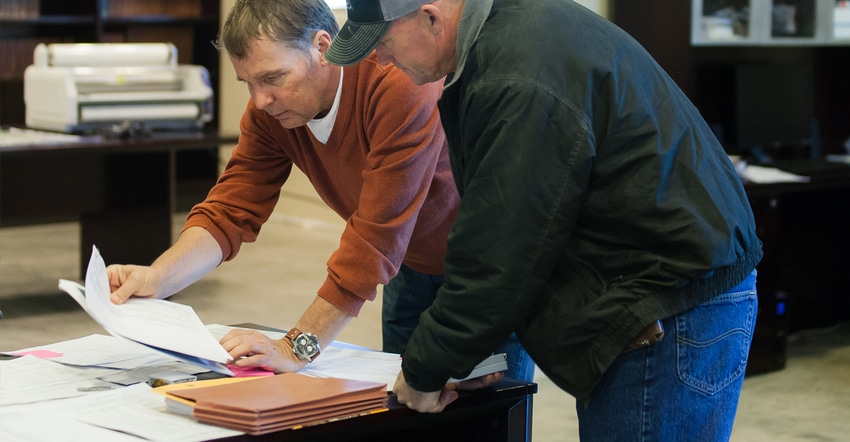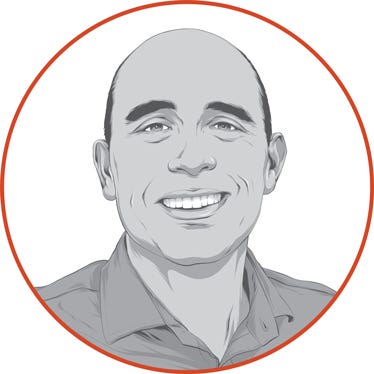
In parts one and two of this series we shared how Kansas farmer Lon Frahm helps his farm team succeed. From training to transparency, there are specific ways to help your farm’s employees become as efficient as possible.
That efficiency helps the farm’s overall performance in specific and intangible ways. For example, full-time employees look professional – they have a clean but informal dress code and a Ford pickup. He doesn’t want them going to town in dirty clothes. Everyone is careful not to harm the farm’s reputation in the community.
Off the farm, he’s service-oriented and expects his employees to serve in the community as well. Each employee gets $2,500 to donate to the charity of their choice, and they often attend charity events together.
While these practices help Frahm’s team operate at a high level, they also pay off in other ways. For starters, there’s a steady stream of people who want to work there. Many employees are friends with each other and were so before becoming co-workers on the farm.
Frahm has never hired an employee in his life. He sets the parameters, but his team hires the employees.
The farm policy is to do group interviews and hire part-time help on a trial basis to see if the new person fits well with other team members.
So who does the team look for, and how does the process work? For starters, it’s not about skills; those can be taught. His team comes from a variety of backgrounds, including an electrician, a short-order cook — even a cabinet maker. Only one has a college degree.
It’s more about having a work ethic, good attitude and pride in work. It’s about people who have the ability to learn. “People skills are more important than anything,” Frahm says.
They look for people with deep local roots, working at nearby vendors,” equipment dealerships or other community companies.
“We look for attitude and being able to get along with the team,” employee Mike Brocklehurst says. “Experience doesn’t matter; what matters is people who enjoy what they do.”
The Frahm operation seeks out people who are dependable and want to avoid drama. “We look for the ability of an employee to learn more than what they know about farming. An important thing is attitude because it travels down. When you are willing to keep poisonous employees, it poisons the pot.”
“People need to care about themselves before they will care about the team and the farm,” employee Jason Schielke says.
Golden rule
Frahm believes if he treats employees how they want to be treated, they respond better. He says to get something he needs, he must give something in return. While his payroll may seem large compared to other farms, his employee costs per acre are less because of low turnover, high efficiency, high staff knowledge and autonomous decision-making. Those empowered employees will serve a farm well no matter what the size.
“I need to improve the lives of my employees if they are going to improve my life and allow me to make money,” he concludes.
Next in the series: 9 ways to engage your farm team
Schaefer is founder of Encore Consultants. He writes the Transitions and Strategies blog at FarmFutures.com.
About the Author(s)
You May Also Like








